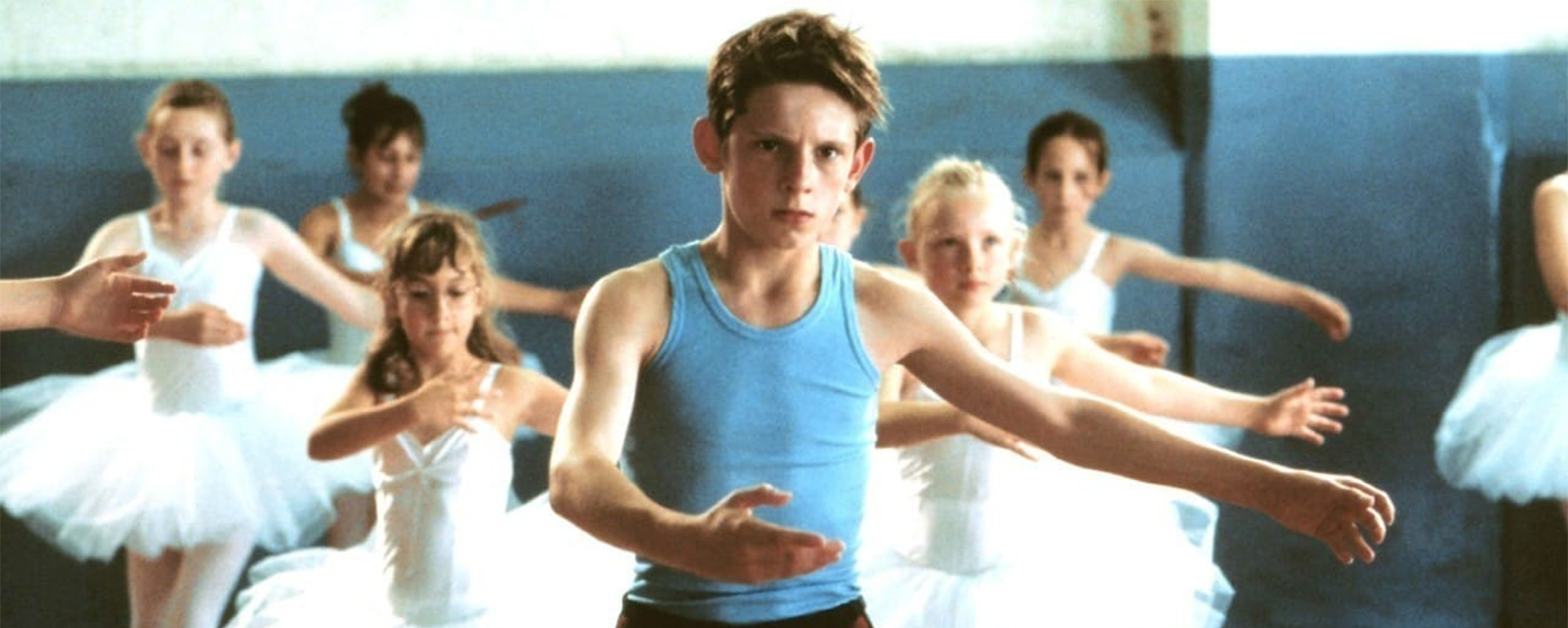
Film Licensing
At the cinema, the ultimate power lies with the local authorities, who can decide to ignore the BBFC’s decisions at any time.
In practice this rarely happens, although in 2002 before the new 12A category was introduced, several local authorities gave local PG or PG12 certificates to Spider-Man in spite of the fact that the BBFC rating was a 12.
Local authorities grant licences to the cinemas in their area. When a cinema applies for a licence it must include a condition requiring the admission of children to any film to normally be restricted in accordance with BBFC age ratings. In particular circumstances, the local authority can place their own restrictions on a film - that is change the BBFC rating - or even 'ban' the film. It is a licensing offence for cinema managers to allow children into films with an age restriction. Film distributors can always ask a local authority for a certificate for a film banned by the BBFC, or a local category for a film that the BBFC has not classified.
- Introduces licensing of cinemas
- Originally for safety (from fire) in cinemas
- Statutory control lies with local authorities
- BBFC set up by the film industry in 1912 to standardise decisions
- Prohibited children from 'unsuitable' films. The mandatory X certificate was introduced at around the same time
Most local authorities use Home Office Guidelines including:
- no exhibition of film without certificate;
- cinema box office to act as age bar;
- the certificate must appear in advertising at the cinema entrance and on screen immediately before the film is shown;
- no film to be exhibited if licensing authority gives written notice prohibiting its exhibition
- Required that cinema clubs promoted for private gain must be licensed
- Consolidated the legislation
- BBFC named for the first time in cinema legislation
At the cinema, the ultimate power lies with the local authorities, who can decide to ignore the BBFC’s decisions at any time, or rate material that has not been submitted to the BBFC. In practice this rarely happens, although in 2002 before the new 12A category was introduced, several local authorities gave local PG or PG12 certificates to Spider-Man in spite of the fact that the BBFC rating was a 12.
Local authorities grant licences to the cinemas in their area. When a cinema applies for a licence it must include a condition requiring the admission of children to any film to normally be restricted in accordance with BBFC age ratings. In particular circumstances, the local authority can place their own restrictions on a film - that is change the BBFC rating - or even 'ban' the film. It is a licensing offence for cinema managers to allow children into films with an age restriction. Film distributors can always ask a local authority for a certificate for a film banned by the BBFC, or a local category for a film that the BBFC has not classified.
Here are two examples where certain local authorities took matters into their own hands and exercised their statutory powers for rating films.
David Cronenberg's film was passed 18 in 1997 after a great deal of thought and consulting of experts. There was intense pressure to reject the film, largely due to a newspaper campaign that whipped up fears that the material would encourage people's morbid interest in vehicle wrecks and sex, an unlikely combination, but enough to alarm the readers of certain papers. There was unprecedented press intrusion into the lives of the then Examiners, but the film was finally passed 18 uncut. Subsequently, certain local authorities exercised their powers and banned the film in their areas – Westminster being one. After the film's release, the fuss died down as people actually saw the film and made their own judgements, rather than relying on hearsay and press reports.
- Billy Elliot
Passed 15 in 2000 because of the frequent use of strong language, this film about a miner's son who pursues his dream to be a ballet dancer starred 14 year old Jamie Bell, who was too young to attend the premiere. There were complaints to local authorities from parents who felt that this film about youthful ambition was attractive to and suitable for their under-15 children, and local certificates were subsequently issued in a number of locations across the country. The BBFC had no choice under the Guidelines to rate this film lower than 15, since 12 Guidelines for language state that strong language must be 'infrequent'.